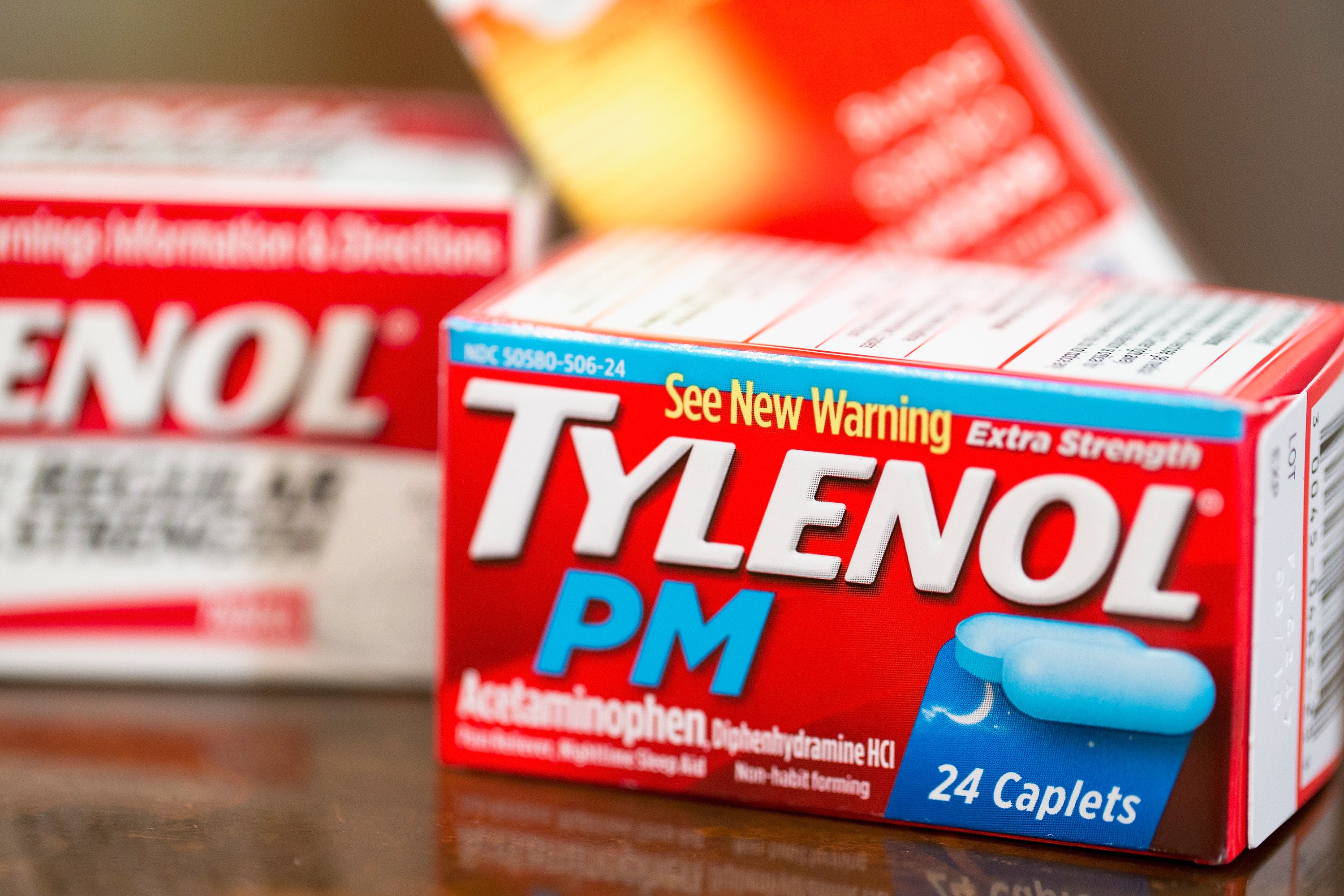A White House announcement about autism is expected after President Donald Trump's weekend comment that “I think we found an answer” to the developmental disorder.
Health Secretary Robert F. Kennedy Jr. promised earlier this year to determine the cause of autism by September.
That baffled brain experts who say there is no single cause and that the rhetoric appears to ignore decades of science into the genetic and environmental factors that can play a role.
Here's what we know about autism.
What is autism?
Autism isn’t a disease. It’s a complex developmental condition better known as autism spectrum disorder that affects different people in different ways.
It can include delays in language, learning or social and emotional skills. For some people, profound autism means being nonverbal and having intellectual disabilities, but the vast majority of people with autism experience far milder effects.
Autism rates have been going up for decades
There are two main reasons. First, the definition of autism broadened as scientists expanded their understanding of its wide range of traits and symptoms. That led to changes in the criteria doctors use to diagnose autism and improvements in screening.
At the same time, parents increasingly sought a diagnosis as autism became better known and schools began offering educational services they hoped could help their kids.

As late as the 1990s, only children with the most profound symptoms were considered to have autism. In the early 2000s, as the definition began changing, the autism rate was estimated to be 1 in 150 children. The latest count found that one in about 31 children is affected by autism spectrum disorder.
The increase isn't among the profound cases; it's an increase in the milder cases that weren't historically considered autism, said expert Helen Tager-Flusberg of Boston University.
There is no single test for autism, which is diagnosed mostly through developmental and behavioral assessments.
It's hard to tell if there may be additional factors behind the increase.
What’s the state of autism research?
Science has shown that autism is mostly rooted in genetics, with the discovery of several hundred genes that play a role. Those genes can be inherited, even if the parent shows no signs of autism, or mutations can occur as the brain is developing and its rapidly dividing cells make mistakes.
Experts say different combinations of genes and other factors can all affect how a fetal brain develops.
What about environmental effects?
Researchers have identified other factors that can interact with genetic vulnerability to increase the risk of autism. They include the age of a child’s father, preterm birth and whether the mother had certain health problems during pregnancy, such as fevers, infections or diabetes.
Any concern that the measles vaccine — or other vaccines — could be linked to autism has long been debunked, stress scientists and leading advocacy groups for people with autism.
What about Tylenol?
The Washington Post reported Monday that the Trump administration plans to link autism to the use of the painkiller Tylenol, or acetaminophen, in pregnancy.

Some studies have raised the possibility that taking the over-the-counter pain medicine in pregnancy might be associated with a risk of autism, but many others haven't found a connection, said autism expert David Mandell of the University of Pennsylvania.
One big caution: Untreated fevers in pregnancy, particularly the first trimester, increase the risk for miscarriages, preterm birth and other problems, according to the Society for Maternal-Fetal Medicine.
Tylenol's label advises women to ask their doctor about use in pregnancy, and the society continues to advise that it's an appropriate option to treat fever and pain during pregnancy.
Russia’s ‘reckless’ aggression over Estonia condemned by UN Security Council
TikTok’s algorithm set to move from Chinese control to Big Tech under Trump deal
Davey insists he is not scared of Farage or legal threats from Elon Musk
As the UK talks up its global vision in New York, Trump abandons the UN
Get the Well Enough newsletter by Emilie Lavinia
Researchers uncover effects of music to lower heart rates and blood pressures







